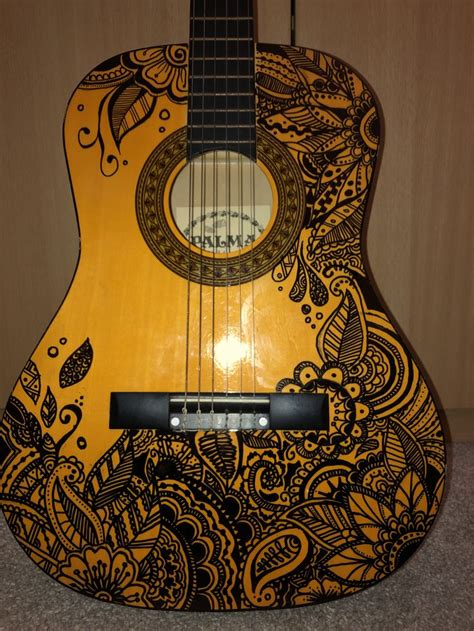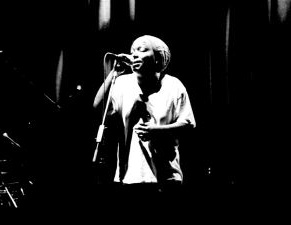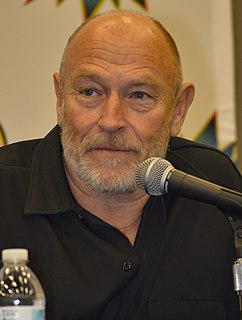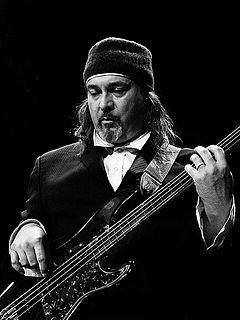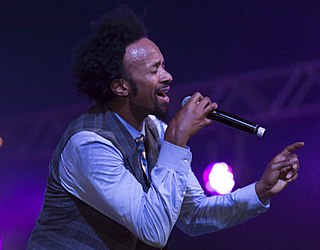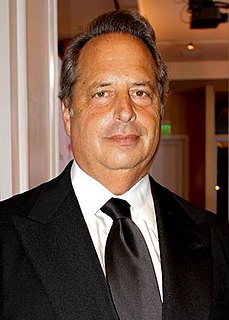A Quote by Subb-an
I am taking my production style more into the world of dub. I mean true dub production techniques but in house music.
Quote Topics
Related Quotes
Basically, there were three aspects of dub that influenced dubstep. The most important was playing the instrumental versions of vocal garage tracks, which was a little like what dub was to reggae - the instrumental of a full vocal.The second was dub as a methodology, which, for me, is apparent in all dance music: manipulating sound to create impossible sonic spaces using reverb, echo and such. The third is the influence of the genre called dub. (It became a cliché actually, through sampling old Jamaican films and soundtracks, and adding vocal samples.)
Obviously, it's had a huge effect on repetitive music or dance music or house music. Ambient in the last ten years has infiltrated into all those repetitive musics. I don't know what part it plays in pop necessarily but I'm sure there's some connection. But in all the music that deals with experimental repetition, drum and bass, dub, various kinds of house music, there's always been a quality of atmosphere and ambience. I think it's infiltrated that pretty heavily.
The director makes the movie. The director has to have the story in their head, has to know the style of the piece, has to answer questions from actors, design, set, lighting, every department throughout the pre-production, production, and post-production, because they've got it in their mind. They've got to know exactly what they want and what the style and story of the movie is. It's them. They make it.
